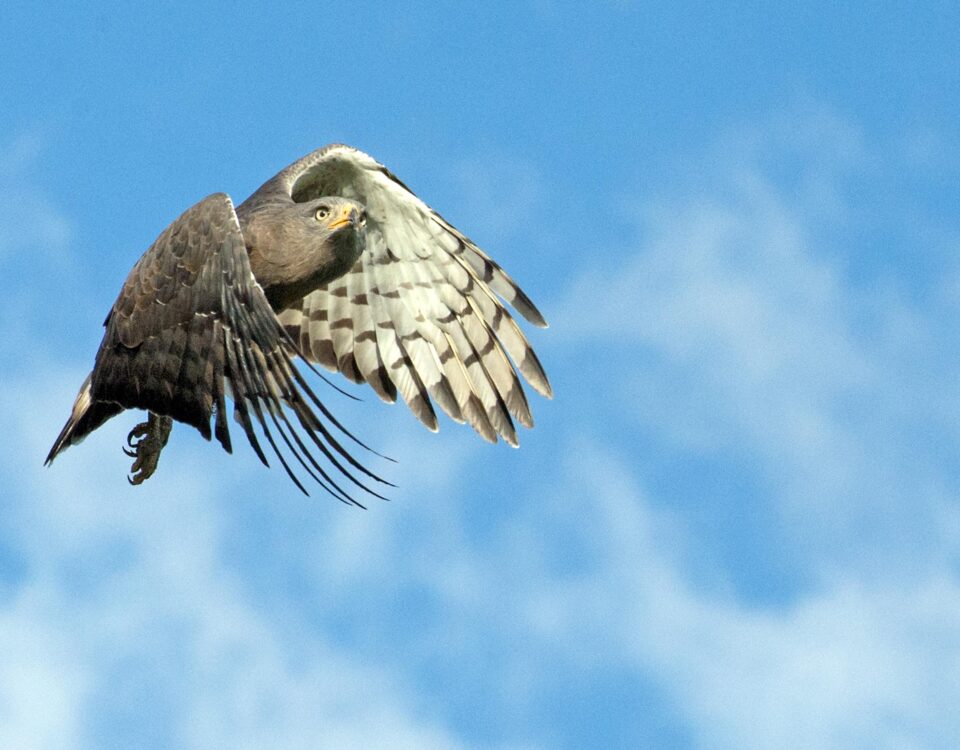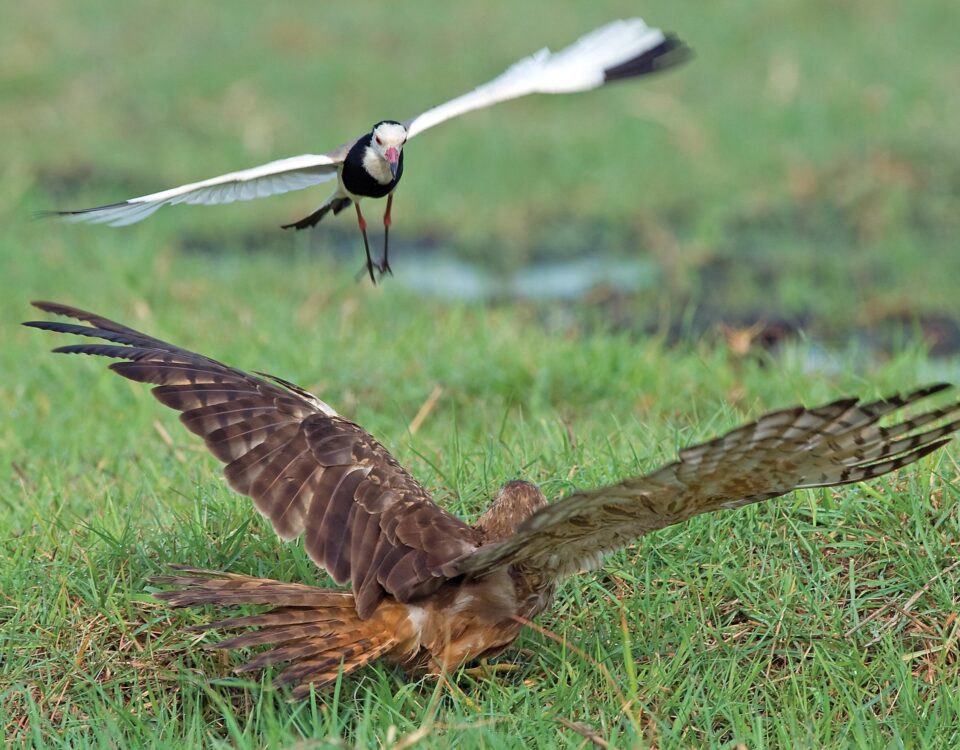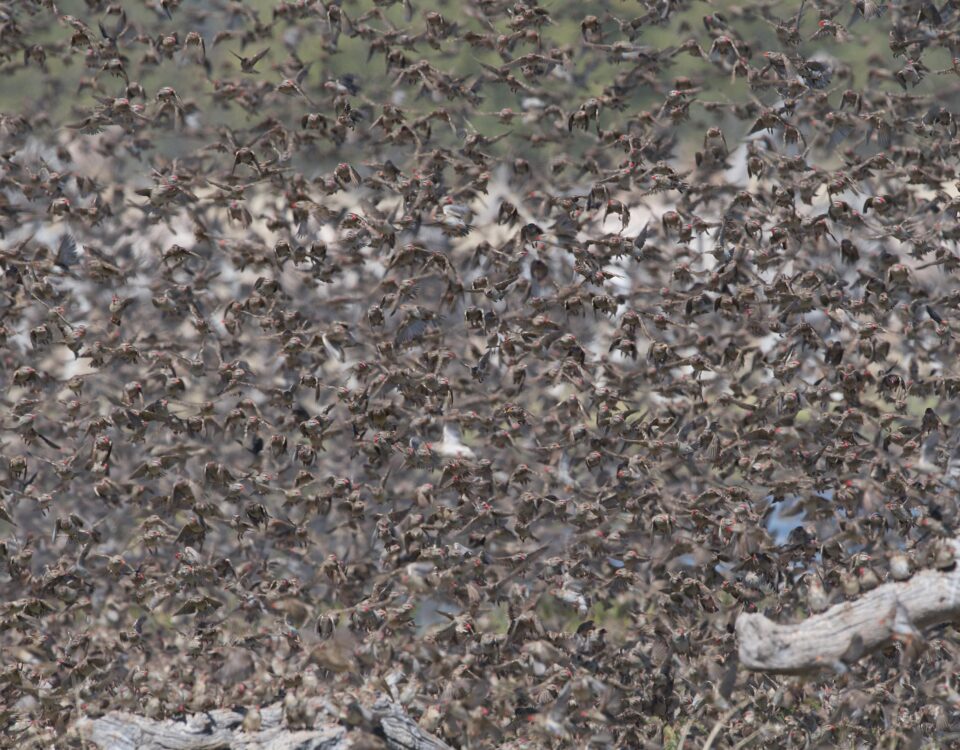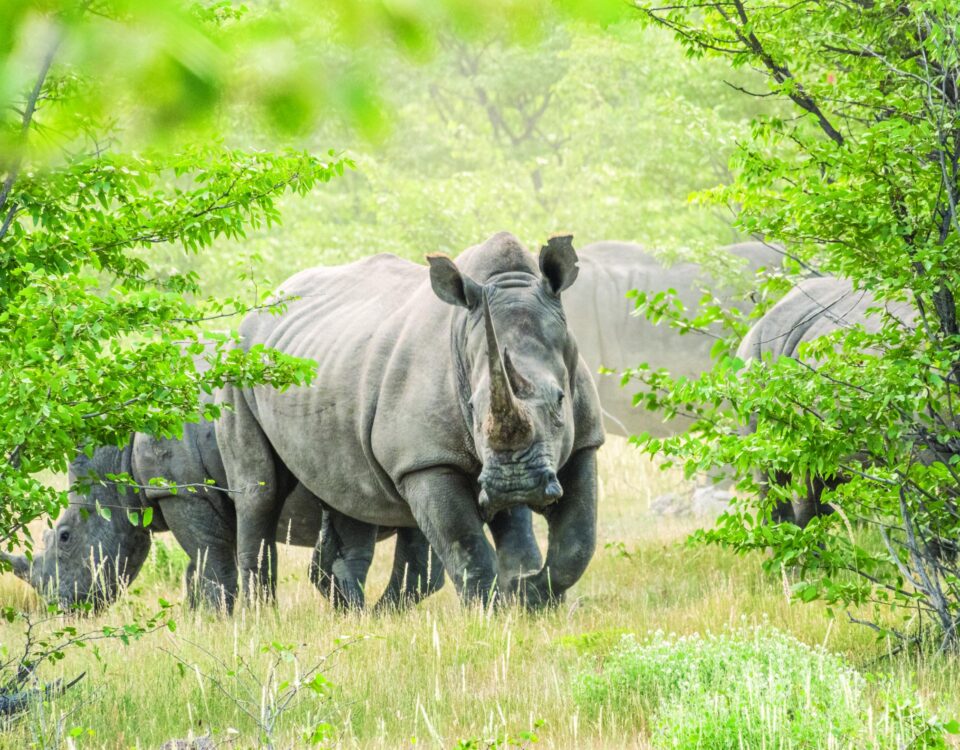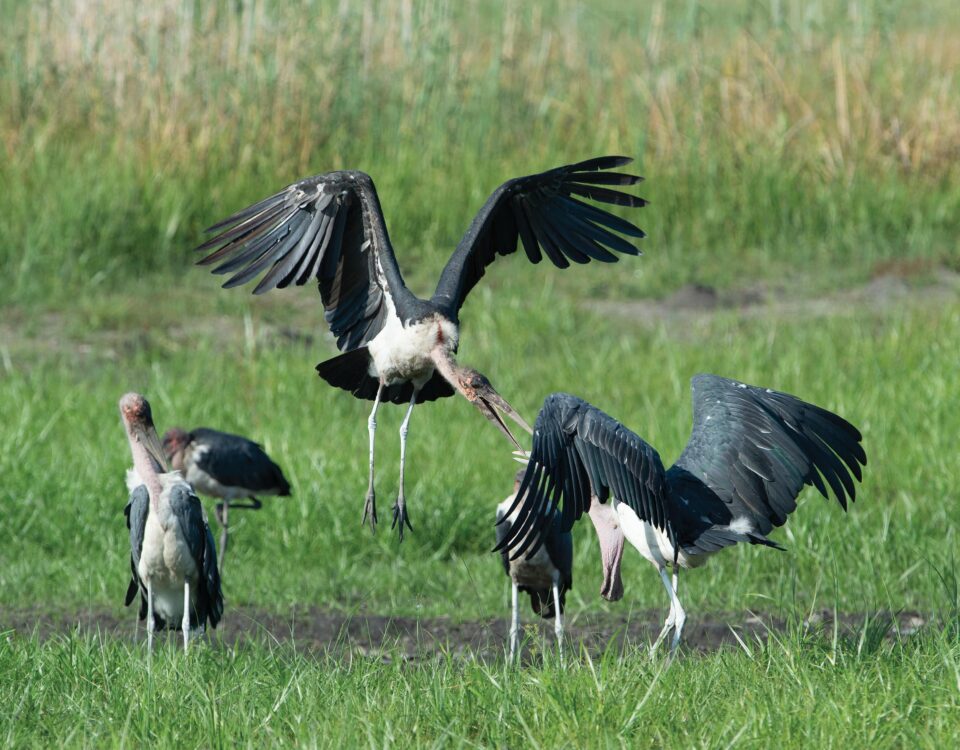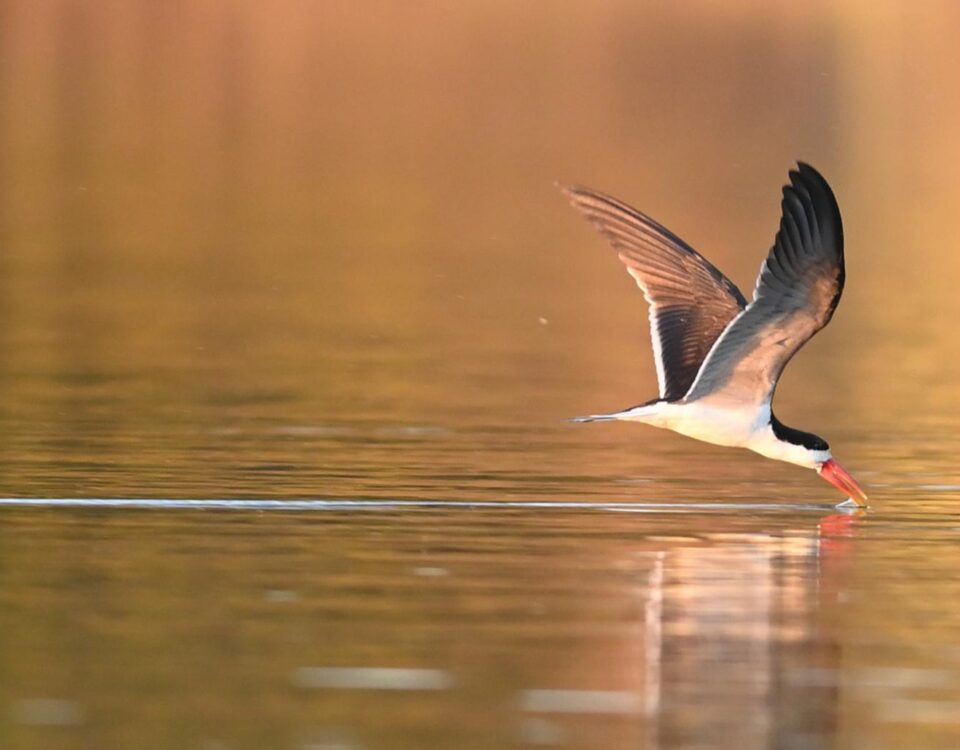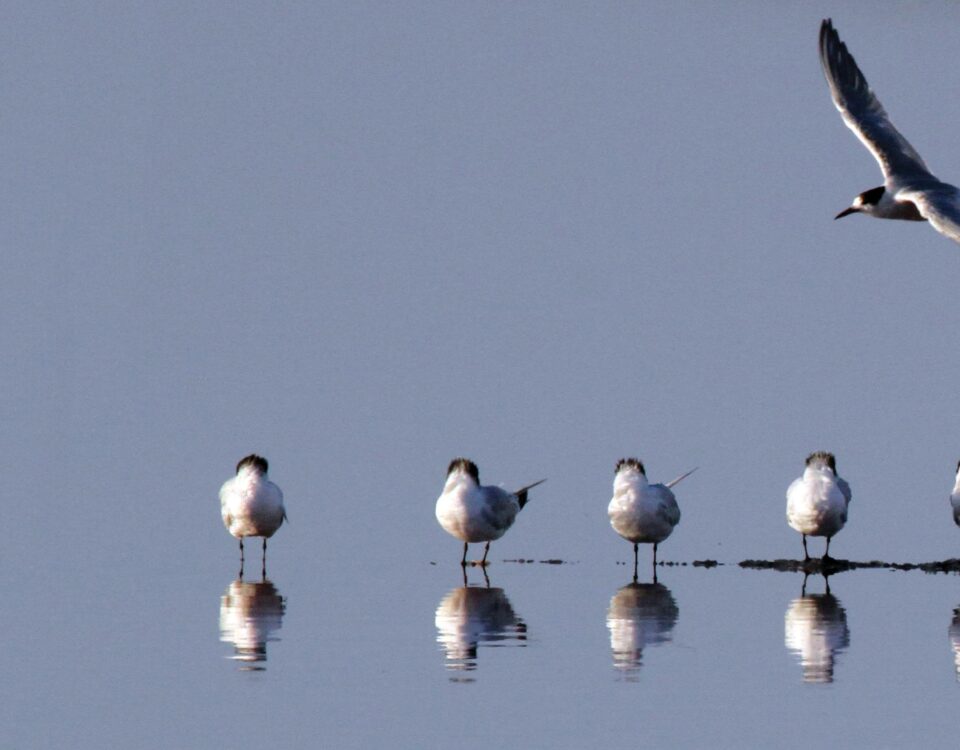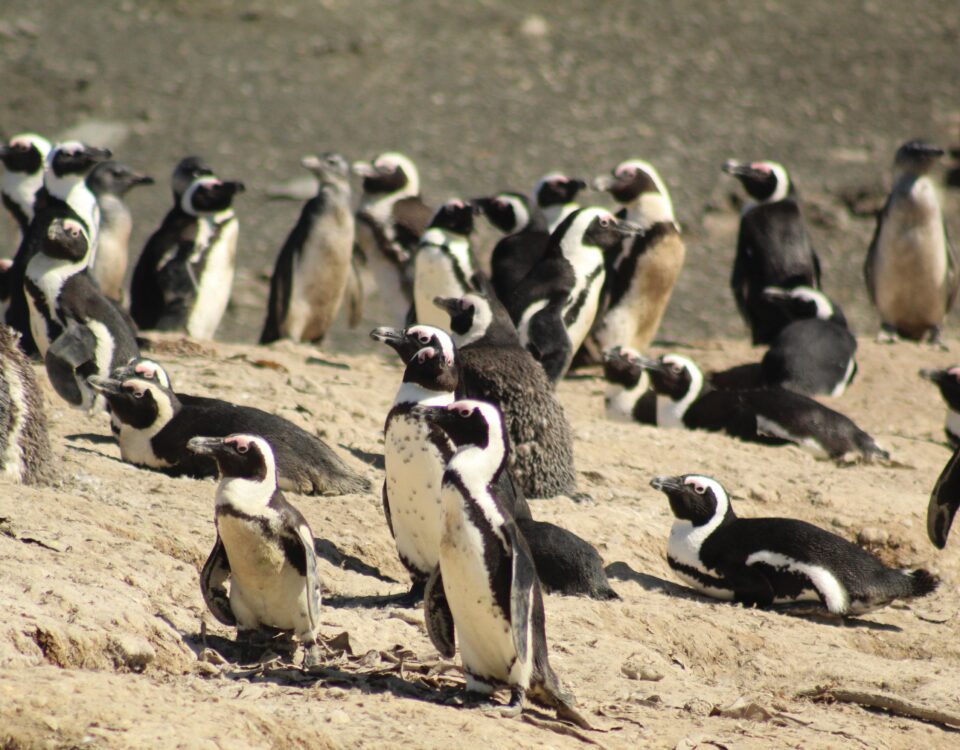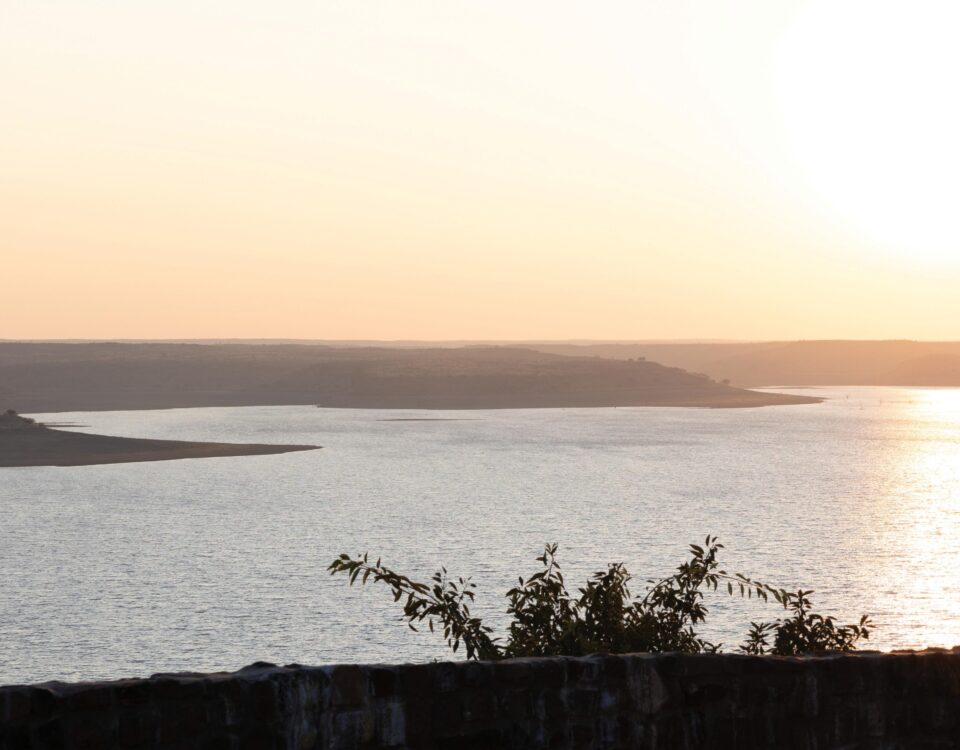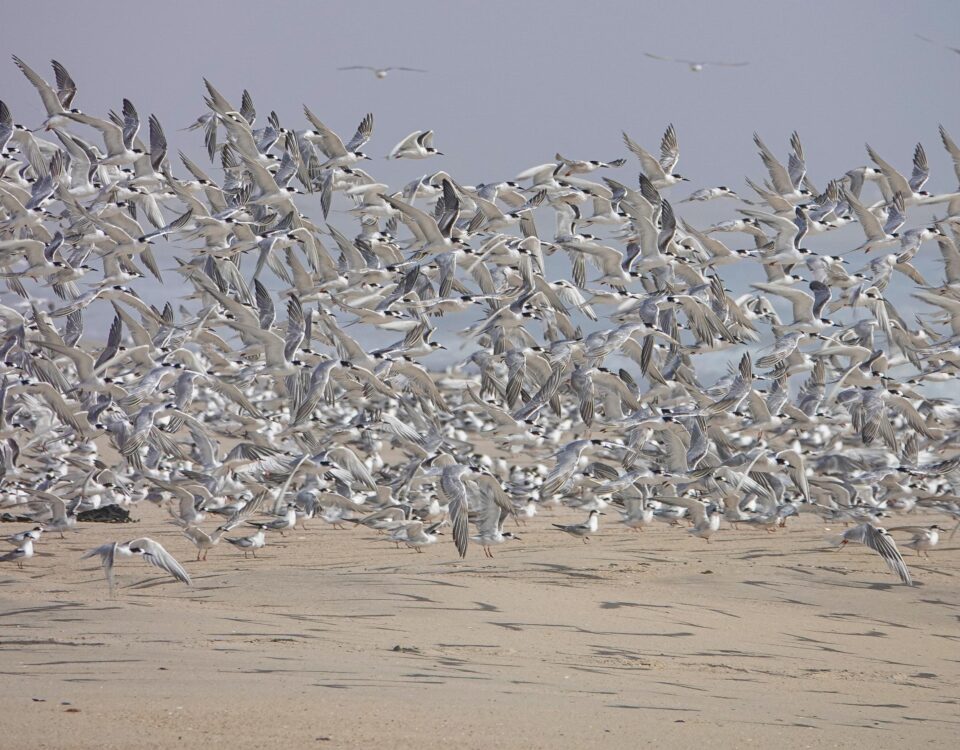November 1, 2021
Namibia is a large country, size does indeed matter, so driving and being on the road will be part and parcel of travelling (and bird watching) in this vast and beautiful country. To get to the different hotspots for birding you need to do the travel thing (remember slowness), be it by car, boat or on foot, although I must confess Namibians are not known for the foot thing.

